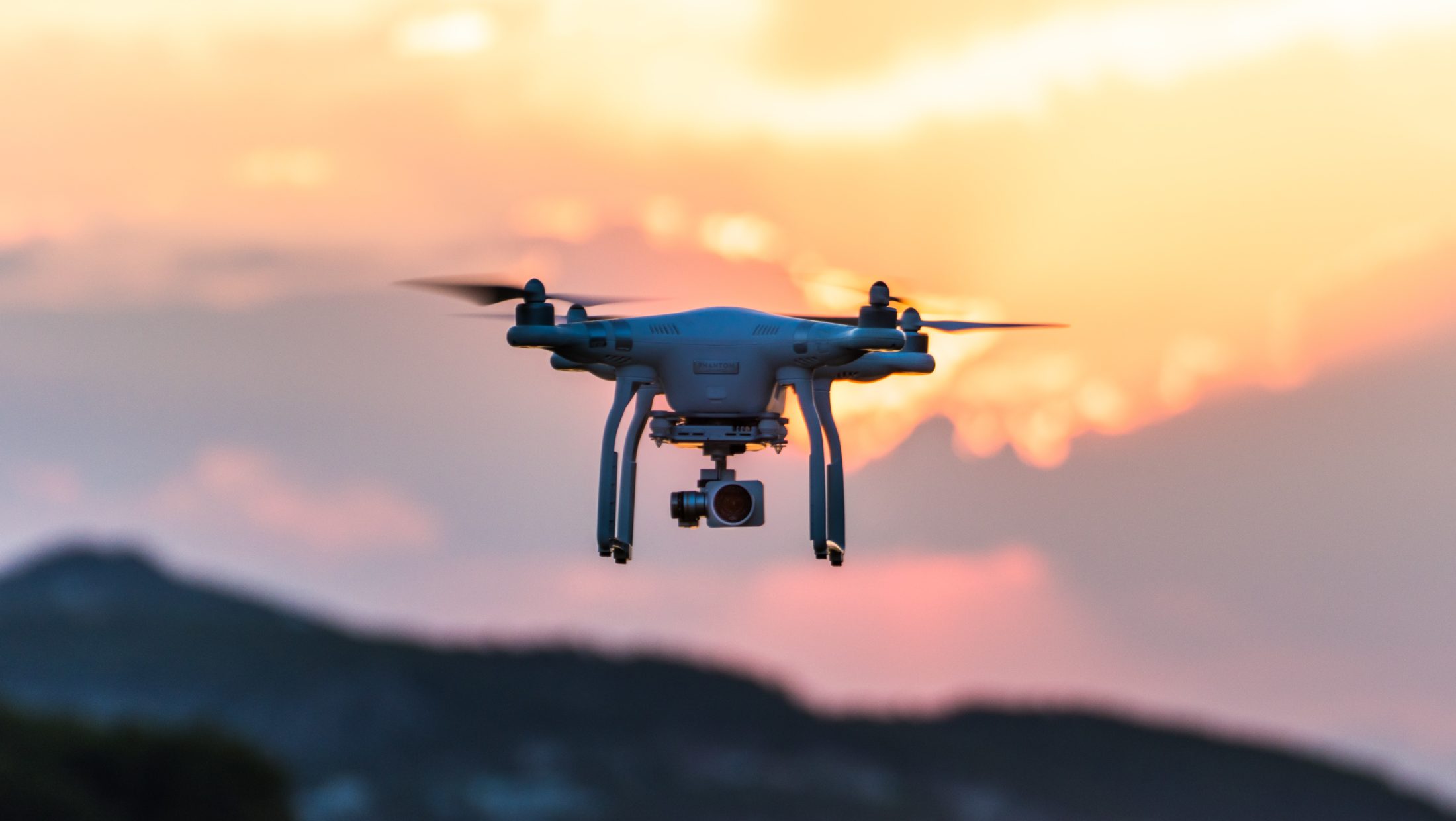The future belongs to drones – this is not a promotional line, it will become reality soon. Because these high-tech flying objects can do much more than just take private film recordings or film for TV documentaries.
Drones equipped with thermal imaging cameras can be used, for instance in the construction or real estate sector to detect, for example, sources of heat, leaky insulation or potential sources of fire.
In agriculture, the use of drones to spray plants has already been successfully tested, particularly on steep vineyards.
And of course drones can also be universally used as a means of transport. However, before the “serial” use can be started, it must be thoroughly tested. And Holding Graz together with its shareholdings Graz airport and Citycom Graz is of course on board there.
Holding Graz is namely one of the project partners of the company “AIRlabs Austria GmbH”. Over the next few years, it will be testing the operation of so-called UAS (“Unmanned Aircraft Systems”) under real conditions.
“‘Drone traffic on new levels’ has a special position in the mobility strategy of Holding. Drones are to be used in modern and environment-oriented city logistics. In particular where vital transport and quick organisation are necessary. In the health sector with transplants, medicines or in the monitoring and surveying of infrastructures, support of our emergency services or ‘just-in-time’ deliveries in the city,” says Wolfgang Malik, CEO of Holding Graz.
In addition to the six associates (FACC Operations GmbH, Frequentis AG, AIT – Austrian Institute of Technology GmbH, Carinthian University of Applied Sciences, Graz University of Technology and JOANNEUM University of Applied Sciences), a total of 19 consortium partners from science, industry and consumers are working on the AIRlabs Austria project.
